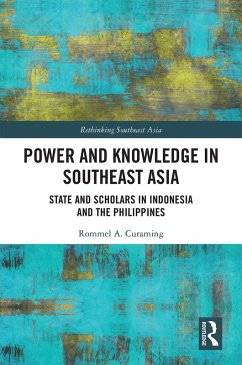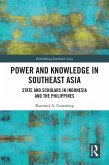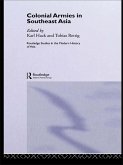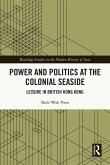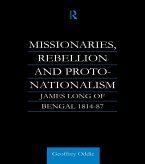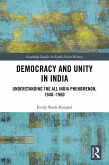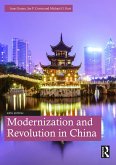Known respectively as Sejarah Nasional Indonesia (SNI) and the Tadhana project, these projects were initiated by the Suharto and Marcos authoritarian regimes against the backdrop of rising and competing nationalisms, as well as the regimes' efforts at political consolidation. The dialectics between actors and the politico-academic contexts determine whether scholarship and politics would clash, mutually support, or co-exist parallel with one another. Rather than one side manipulating or co-opting the other, this study shows the mutual need or partnership between scholars and political actors in these projects. This book proposes the need to embrace rather than deny or transcend the entwined power/knowledge if the idea is for scholarship to realize its truly progressive visions.
Analyzing the dynamics of state-scholar relations in the two countries, the book will be of interest to academics in the fields on Southeast Asian history and politics, nationalism, historiography, intellectual history, postocolonial studies, cultural studies, and the sociology of knowledge.
Dieser Download kann aus rechtlichen Gründen nur mit Rechnungsadresse in A, B, BG, CY, CZ, D, DK, EW, E, FIN, F, GR, HR, H, IRL, I, LT, L, LR, M, NL, PL, P, R, S, SLO, SK ausgeliefert werden.

